.png) |


| Reede Scholars Live on YouTube!
|
Dr. Keila Lopez is devoted to improving healthcare for Latino and Black communities |
Reprinted from ReNew Houston -- September 2020
For Dr. Keila Lopez, public health comes first — with pediatric cardiology a close second. That’s because, Lopez said, every field of medicine can be improved when the health of diverse populations are protected through equal access to education, medical care and quality of life.
“We know there are social determinants of health that affect your outcome, like where you live and what you eat,” Lopez said. “What’s your insurance? What’s your access to health care?” All of that came into focus during the coronavirus pandemic, Lopez said, especially as minority communities reported higher numbers of cases. “We know the community is disproportionately affected by this disease,” Lopez said. And she wants that to change.
As data became available from other cities, Lopez learned that Latino and Black communities were more adversely affected. That news set off an alarm, as she considered the ramifications for Houston. “We have the most diverse population in America,” she said. “The number of front-line and essential workers tends to be people of color or in lower economic neighborhoods.”
For the past few months, Lopez has brought her expertise to Mayor Sylvester Turner’s Health Equity Response Task Force as part of two subcommittees: medical and public health. In both subcommittees, Lopez is working to ensure the proper messaging is going to minority and underrepresented groups.
The task force formed in April as part of the city’s relief and recovery efforts for the pandemic. It seeks to provide assistance for vulnerable and at-risk populations. The initiative is led by five division directors in the mayor’s office, charged with creating the vision and path to move forward. Juliet Stipeche, director of the city’s Office of Education, said that the mayor wanted strong, female leaders on the task force.
“Dr. Lopez has a real passion for community health,” Stipeche said. “She’s just fantastic. She’s worked tirelessly with us, and she exemplifies leadership, mentorship and education.” Lopez helped develop the Community Health Education Fellowship program with the UT School of Public Health. Participants explore public health education while learning about the work of community health workers and interacting with professionals in the field. Young adults participating in the program conduct outreach, advocacy, counseling and education in neighborhoods affected by COVID-19.
“She’s a fierce champion for the underserved in our community so adversely affected by COVID-19,” Stipeche said. “She has always been very inclusive and fights to get input from young people in the community. She’s just an amazing role model, too, very inspirational.” As a Latina, Lopez is positioned to inspire younger students who might feel culturally underrepresented in the health field. As the only Spanish-speaking physician on the task force, she is able to communicate the health risks and protective measures available to at-risk communities.
“I’d never envisioned being part of the mayor’s office,” Lopez said. “It’s been fascinating and rewarding work.” She joined a virtual town hall in August that aired on Univision as part of a panel addressing the myths and misconceptions of COVID-19. “She has gone above and beyond making an impact,” Stipeche said.
Prior to the pandemic, Lopez was already a leader, said Dr. Kjersti Aagaard, professor and vice chair of research in the Department of Obstetrics and Gynecology at Baylor College of Medicine and Texas Children’s Hospital.
Aagaard has worked alongside Lopez as clinical provider at Texas Children’s and has seen her mentor students in pediatric cardiology.
“She is a superb advocate for her patients and for her colleagues,” Aagaard said. “This includes colleagues in training and those out of training. Her inherent ability to see things from others’ perspectives, with great empathy and compassion, is a tremendous asset.” Lopez seeks new ways to care for patients with heart disease in their teen and early adult years, Aagaard said.
Originally from Chicago, Lopez cannot remember a time when she did not want to be a doctor.
“According to my parents, I’ve been saying I wanted to be a doctor since I was 6 years old,” she said. “I always knew. I felt in my heart it was what I wanted to do, and now I can’t imagine doing anything else.” Lopez earned bachelor’s degrees in biology and Portuguese in 1998 at the University of Illinois, Urbana-Champaign, entered a clinical research training program at the Mayo Clinic in Rochester, Minn., and earned her medical degree from Rush Medical College in Chicago in 2003. Her residency in pediatrics was at the University of Chicago Comer Children’s Hospital, where she then served as chief resident in pediatrics. Lopez earned her master of public health as a Commonwealth Fellow at the Harvard School of Public Health, with a concentration in minority health policy. The experience was formative. “It’s shaped how I look at the field,” Lopez said.
In 2008, she came to Houston for a pediatric cardiology fellowship at Texas Children’s Hospital, where she then became an advanced imaging fellow in pediatric cardiology. Lopez completed postdoctoral training in comparative effectiveness at the Columbia Summer Research Institute in New York and became a junior faculty scholar at the Baylor College of Medicine Center of Excellence in Health Equity, Training and Research in 2018.
She has taught, volunteered, conducted research and interventions on best methods to reduce health disparities and improve access to care in medicine.
She was recently published in Circulation, the cardiac journal of the American Heart Association. Her article was about the mortality in congenital heart disease in the U.S. during the past 19 years — and how that demonstrated ongoing racial and ethnic disparities, despite advances in medicine and surgery.
Lopez is also the recipient of a National Institutes of Health early career grant from the National Heart, Lung and Blood Institute. Her mission is to create a mobile application intervention to reduce disparities in congenital heart disease patients by improving the transition between pediatric and adult care.
Currently, Lopez serves as “diversity and inclusion ambassador” for the Department of Pediatrics at Baylor College of Medicine, as well as a co-faculty adviser for the Baylor College of Medicine Latino Medical Student Association.
She created the Latinx Brainchild Project, an initiative that pairs Latino academic faculty at Baylor with medical students who are interested in improving care, health and outcomes for underserved communities. Participants join in quality improvement, advocacy, research, educational and wellness projects.
“It’s been one of the best things I’ve ever done — to reach back and pull others up with you,” she said. Lopez hopes to see more Latinos in health care. The only way to stop disparity, like what is happening with COVID-19, is to promote health in diverse communities — and to ensure that members of those communities are represented in medicine. “We’ve got to do more,” Lopez said.
Lindsay Peyton is a Houston-based writer.
https://www.houstonchronicle.com/lifestyle/renew-houston/health/article/Dr-Keila-Lopez-is-devoted-to-improving-15594309.php
Throughout America’s history, people from all different backgrounds and racial groups have worked together to overcome racism and bring America closer to equal opportunity for everyone. But the effects of structural racism are still felt today in many ways, and people need to continue to work together to help make the American Dream a reality for everyone. |  Congratulations to Reede Scholar, Andrew Sanderson.
The Harvard T.H. Chan School of Public Health Alumni Council is the policy-making authority and executive power of the Harvard Chan School Alumni Association. The Council consists of four officers: a President, President-Elect, Secretary, Immediate Past President; and nine Councilors. Officers serve a two-year term, and Councilors serve for three years. Below you will find the names, degrees, and bios of the current membership of the Alumni Council. |
|
|
|
Reprinted Healio--October 2020 Inequities across all facets of health care — from clinical research to patient outcomes — are not new. What is new is that more Americans are thinking critically about racism, and several organizations are voicing their anti-racism stances. “Conversations such as these have opened the window for real and actionable change. As physicians, we frequently see evidence of health inequities in practice, and people often cite race as the reason for the inequities experienced by people from disadvantaged communities — but really, racism is the source,” Frinny Polanco Walters, MD, fellow in the department of adolescent and young adult medicine at Boston Children’s Hospital, told Healio. “Given the longstanding history of police brutality in the U.S., along with the recent killings of innocent Black people — including, but certainly not limited to, George Floyd, Breonna Taylor, Ahmaud Arbery, Eric Garner and Freddie Gray — and the resultant worldwide protests, the Black Lives Matter movement has gained a lot of attention as of late.” In a commentary published in August in Nature Medicine, Polanco Walters, Adjoa Anyane-Yeboa, MD, MPH, gastroenterology physician at Massachusetts General Hospital, and Alden M. Landry, MD, MPH, emergency medicine physician at Beth Israel Deaconess Medical Center and assistant dean for Office of Diversity, Inclusion and Community Partnership at Harvard Medical School, aimed to illustrate how racism and police brutality affect the lives of Black patients, as well as to help physicians learn how to discuss racism with their patients and provide physicians and organizations with guidance to work toward health equity. The ‘elephant in the room’ Racial and ethnic disparities exist across every field of medicine, and one cannot promote the health and well-being of all without addressing the “elephant in the room” of racism and devaluation of Black lives, experts wrote in the commentary. For example, in gastroenterology, such disparities are evident in colorectal cancer, which is the second leading cause of cancer death in the U.S. and is preventable with screening. Yet, Black people have the highest rates of colorectal cancer incidence and mortality, Anyane-Yeboa said. “In pediatrics, children and adolescents from racial and ethnic minority backgrounds across the U.S. have higher rates of poor health, mortality and disability,” Polanco Walters added. “It is well-documented that racial and ethnic minority children and adolescents are disproportionally affected by chronic diseases, including asthma and obesity.” One way to help eliminate these disparities is to address the social determinants of health — the conditions of the places where people reside, learn, work and play. In addition, the focus should be on equity, not equality, as individuals may require different resources and tailored services to live their healthiest lives possible. 'Black people need us now’ The experts outlined several key steps to take toward achieving equity and racial justice in medical training, as well as to address racism in the clinical setting. First, medical schools, residency and fellowship programs should develop curricula on health equity and combating racism that teach trainees about the social determinants of health, policy and advocacy. “Medical institutions should provide ongoing training on implicit bias and develop an anti-racism culture where all individuals are educated on how to best address patients’ needs with the goal of eliminating these disparities,” Anyane-Yeboa told Healio. “It is important to recognize that implicit bias and anti-racism training is just a start, and one session in isolation will unlikely lead to measurable change.” Second, diversity among faculty and students in training programs should be increased. According to data from the American Association of Medical Colleges, the number of Black matriculants in U.S. medical schools remains at an all-time low. “Institutions must also make an effort to have diverse leadership in their departments, diversity in their faculty and trainees, early mentorship, pipeline programs for trainees from underrepresented backgrounds, and sponsorship and career advancement opportunities for minority faculty,” Anyane-Yeboa said. “The work toward anti-racism, leading unconscious bias efforts, and advancing diversity and inclusion should not be led by minority faculty alone. For change to happen, there needs to be buy-in from the top and support at all levels.” Racism should also be addressed at the patient-care level and implicit bias and anti-racism education should be provided, according to the commentary. Finally, the experts suggested physicians engage in self-reflection by asking themselves: What did your family tell you about Black people growing up? Has that changed? Are you afraid of Black men? How many Black patients do you care for? Do you give them the same respect and time that you give your white patients? “All individuals in the medical community should self-reflect on their own biases and whether they provide all patients with the care they need to achieve optimal health, regardless of their background,” Polanco Walters said. Beyond training and patient care, the experts added that physicians should not only discuss with patients the dangers that Black people face, but also contact legislators, organize conferences to discuss how to better serve the Black community, and compel the judicial branches of government to develop fair and more equitable justice for those who kill Black people. “As health care providers, we must use our platform to speak up. Black people need us now,” they wrote. Polanco Walters and colleagues articulated their points well, particularly with regard to training, Christopher Lathan, MD, MS, MPH, oncologist and assistant professor of medicine at Dana-Farber Cancer Institute, said during an interview with Healio. “I empathize greatly with the need to diversify training — we need to think about how we train individuals about structural inequity in medicine, and we need to integrate this into the minds of those who are most present with our patients and integrate it all the way through medical training,” Lathan said. “If we do not train clinicians appropriately, then how can we expect them to build clinical trials or think about the research in the way we want them to? We need accountability. There is a lot of talk, but are we really following through?” Targeting cancer disparities In 2001, NCI established the Center to Reduce Cancer Health Disparities (CRCHD) to address and eliminate cancer health disparities while increasing workforce diversity in cancer research. During the last 2 decades, CRCHD has developed research, training and community outreach activities in response to these goals through various programs, including:
“CRCHD, through its CURE and now its Intramural CURE programs, has been fully dedicated to training the next generation of competitive researchers from backgrounds typically underrepresented in the cancer and cancer health disparities research fields,” Sanya A. Springfield, PhD, director of the CRCHD, and colleagues wrote in a paper published in June in Journal of the National Medical Association. “Today, CRCHD leads NCI’s efforts in supporting research training and career development experiences beginning as early as middle school and continuing through to tenured track appointments. ... Moving forward, the CRCHD will continue its steadfast efforts to move us closer to the day when diversity is a given and disparities no longer exist.” Still, across all cancer centers, especially NCI-designated centers, patients with fewer resources and immigrants remain underrepresented, according to Lathan. “There is a clear disconnect between the patient population that is served at these incredible institutions where incredible discoveries are being made and the more vulnerable patient populations,” Lathan said. “Also, cancer care in general does not accommodate for issues plaguing our lower-resource patients. We treat cancer almost like it is a white middle-class disease — we expect all patients to stop working, to find someone to drive them to their treatment appointments and that their fight against their cancer will be their number one priority. However, not all patients are able to do this, and we need to be aware of this.” Addressing disparities in cancer care may require a “rethink” of the oncology community’s role, Lathan added. “As oncologists, we do a good job at treating our patients, but how do we help individuals get diagnosed and how do we help prevent cancer? How are we thinking about survivorship for patients in poorer communities? There is an opportunity for cancer centers to invest in patient navigation and to invest in relationships with local providers and community clinics. There needs to be a diversifying of what cancer survivorship can mean for our underrepresented patient populations,” Lathan said. “The oncology community should change the way it thinks about recruiting for clinical trials and also focus on diversifying the individuals who work in the oncology field.” https://www.healio.com/news/hematology-oncology/20201013/addressing-racism-in-medicine-experts-call-on-colleagues-to-turn-talk-into-action |
|
|
|
|
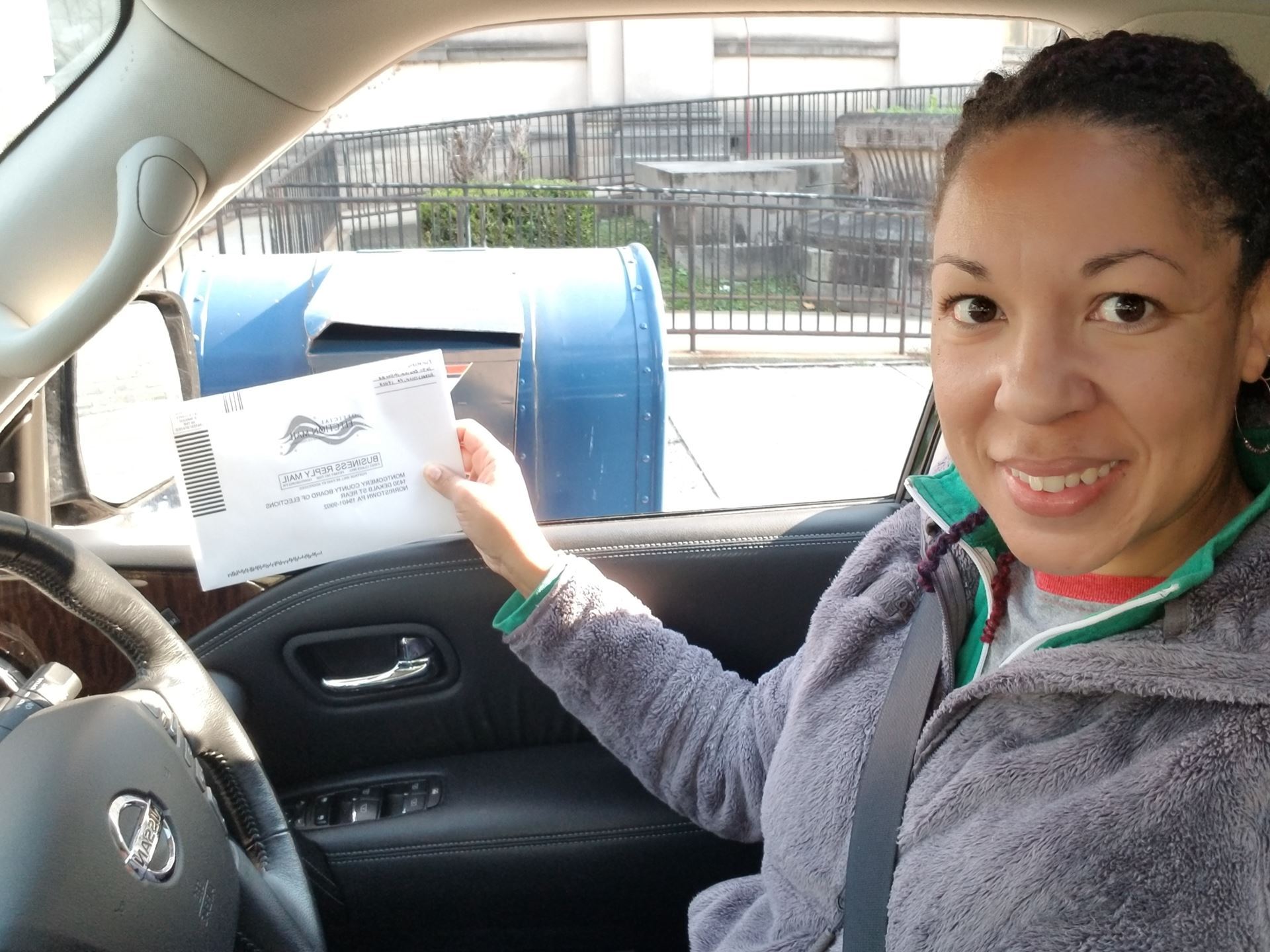

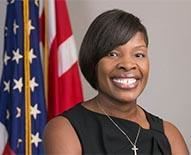
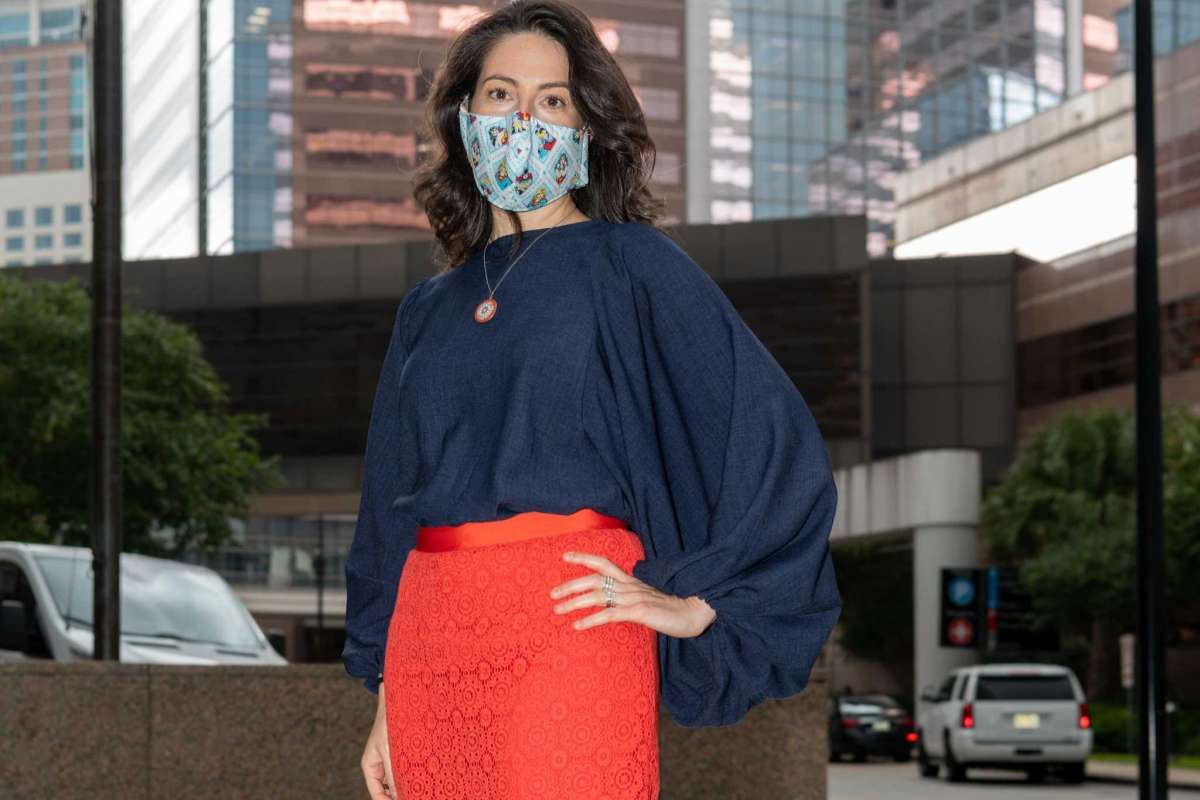
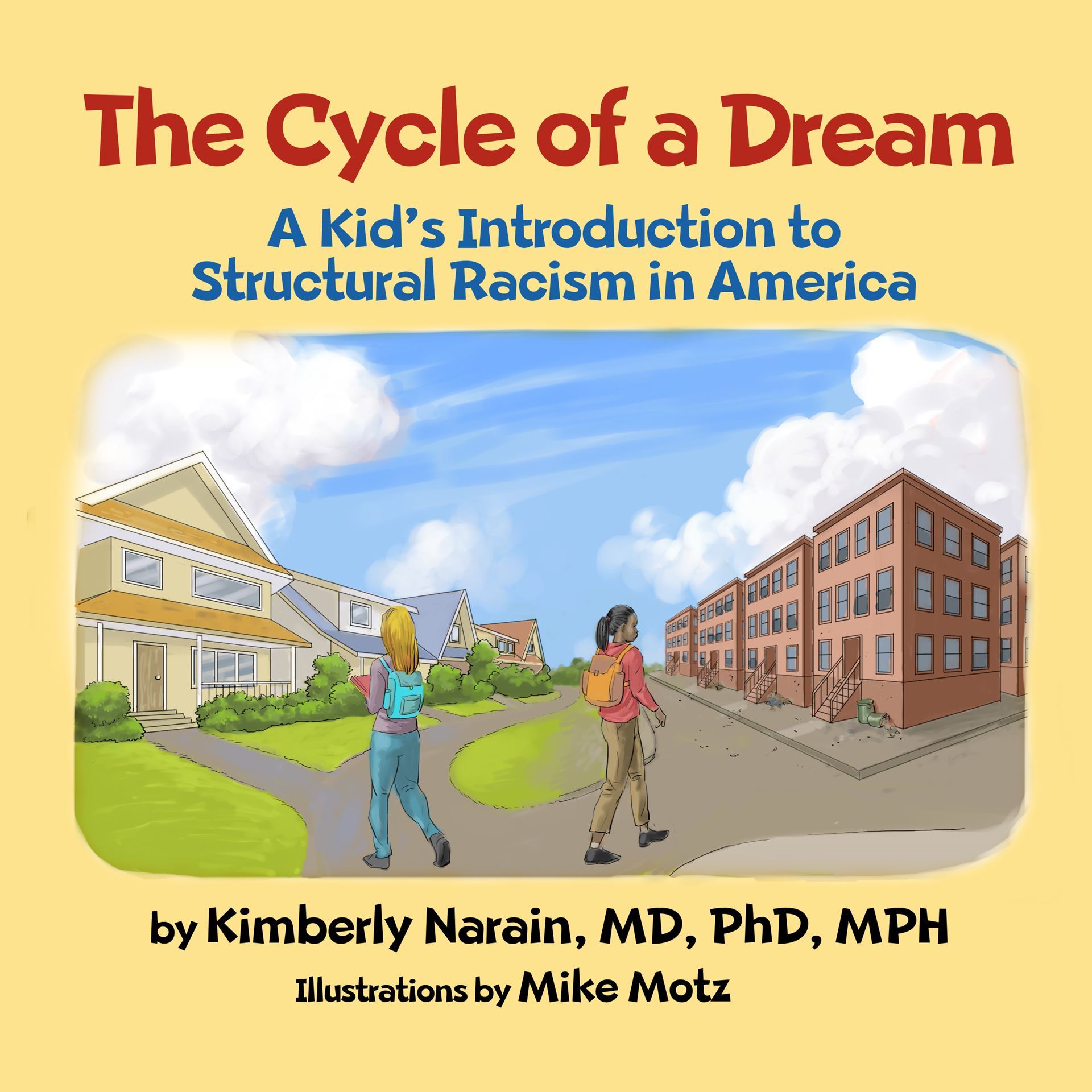 Reede Scholar Kim Cauley Narain publishes a new book, The Cycle of a Dream: A Kid’s Introduction to Structural Racism in America. It was borne out of her difficulty finding a book to explain structural racism to her children.
Reede Scholar Kim Cauley Narain publishes a new book, The Cycle of a Dream: A Kid’s Introduction to Structural Racism in America. It was borne out of her difficulty finding a book to explain structural racism to her children.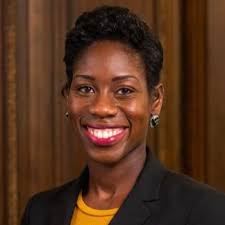
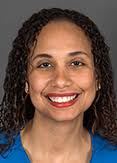
.png)
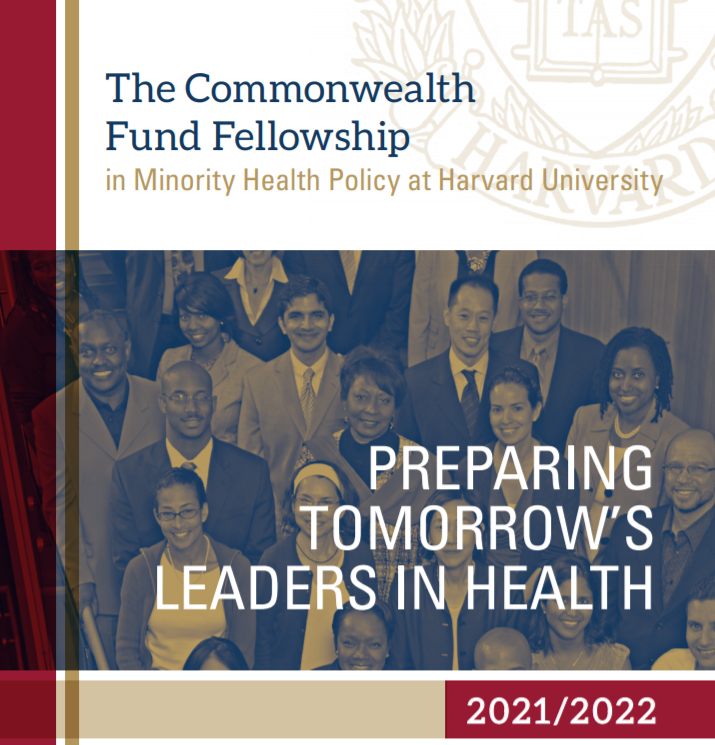
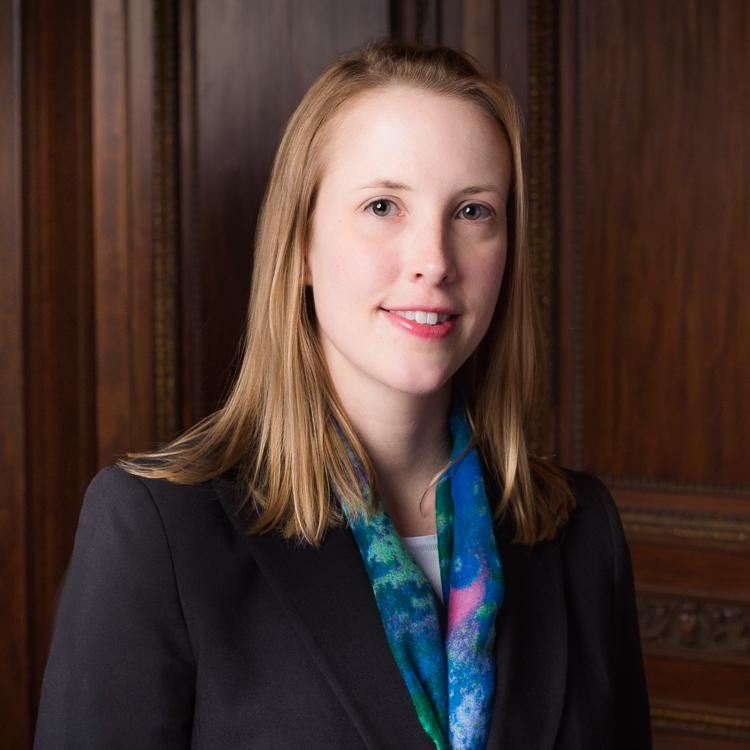 HEALTH POLICY BRIEF
HEALTH POLICY BRIEF